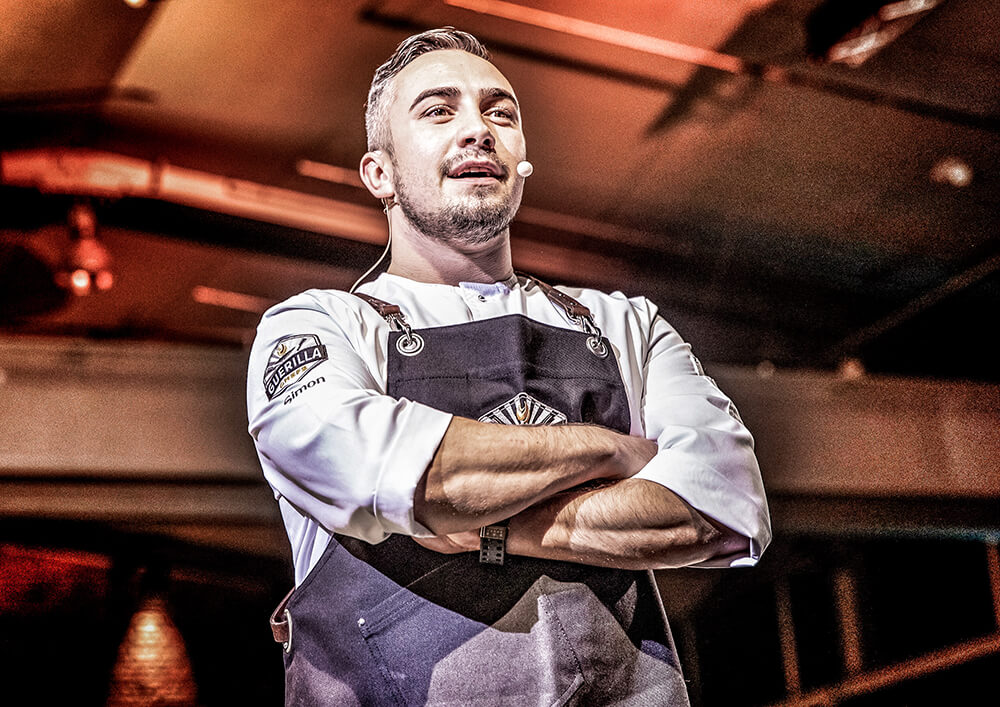
Simon Kolar, Co-Founder of Guerilla Chefs / Image: Steffen Walter Studios
So, Simon, who are the Guerilla Chefs?
The Guerilla Chefs are more than just a chefs’ association. They’re a movement, an attitude, a codex. We link people without borders. It doesn’t matter whether you have three Michelin stars, whether you’re fresh out of cooking school, or whether you just like cooking. I started the Guerilla Chefs together with Gerhard Bruder, the President of the Institute of Culinary Art.
Guerillas are defined by their spirit. We give people a platform to change things, to achieve things. We emphasize supporting each other, remembering that we’re all in this together. Guerilla Chefs is like a “third place” for cooks, a place they can go to get recognition, advice, help and motivation. And the great part is that we’re not growing through acquisition, we’re growing through conviction – once people have experienced the Guerilla Spirit, they want their friends and co-workers to be part of it as well.
What’s your mission with all of this?
The Guerilla Chefs’ mission is very simple, yet complex at the same time. We want to make culinary careers sexy again. We’re taking totally new approaches – to some extent, we’re rebuilding the whole profession from the ground up, creating new opportunities, new fields of work, new areas of training.
“Trained staff shortages” has become a kind of buzzword in your industry, too. Are the young, wild Guerillas addressing that, too?
When we talk to companies, trained staff shortages are the number one thing we discuss. It’s the reason why we started the free Guerilla Chefs Online Academy, so that everyone isn’t stuck doing their own thing. “Open source” is the path to better cooking, to better Guerillas… because knowledge is the most important tool Guerillas have at their disposal. We need a platform where everyone has unlimited access to knowledge, and where everyone can teach other people whatever it is they know best. That’s the Guerilla Academy: by Guerillas, for Guerillas.
Sounds pretty great. What else do you have going on? Can you give us some examples?
Our other goal is to create jobs within companies, while also using resources more effectively. To me, that’s the only way of really making culinary careers more attractive.
You don’t necessarily need to hire a new person for every single job within a company. Sometimes all you need is a Guerilla Taskforce, a group of creative Guerillas who can tackle the issue from outside the business.
For tasks that will help the company develop over the long term, you need that one perfect person, and you need to offer him or her the best possible conditions.
We give Guerillas the opportunity to break out of their everyday routines in a creative way without having to change jobs. Our large-scale events, for example, where we do live cooking for up to 2,000 people… or our Guerilla Camps worldwide. At our camp in Tuscany, you can spend a week working on farms, developing a new understanding of Nature and natural products, and learning all about a mindset for sustainable success. After experiencing that, chefs bring an unbelievable new dynamic back with them to their companies. It’s something they never forget.
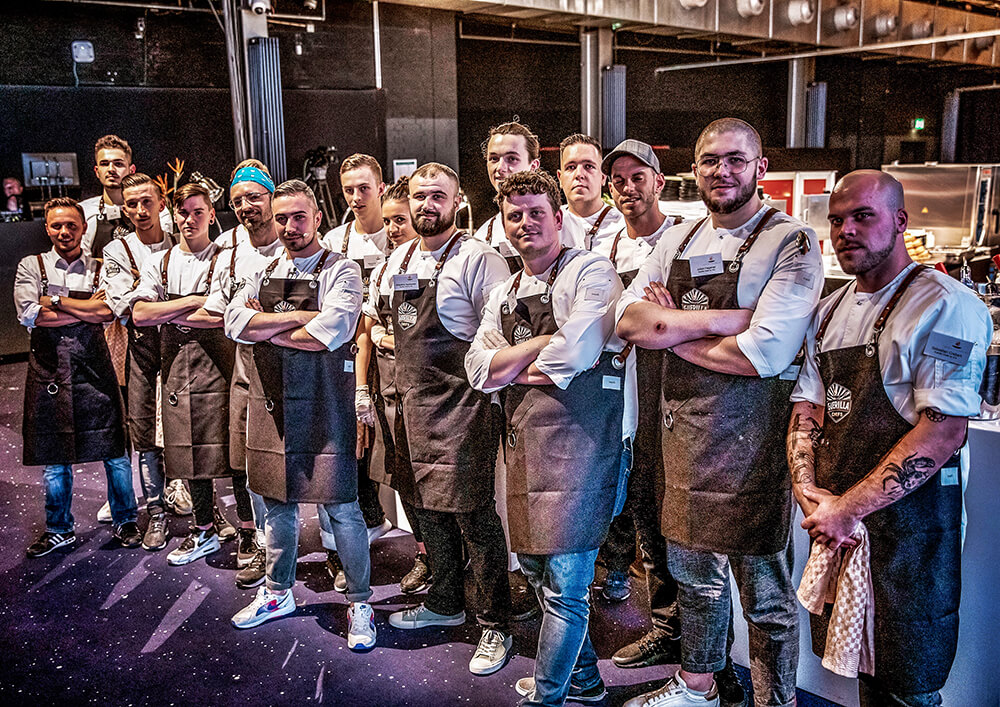
Guerilla Chefs Team / Image: Steffen Walter Studios
Let’s look ahead to 2025. What would you do to make culinary jobs more attractive by then?
I think people have been looking at the topic too superficially in the past few years. As far as I’m concerned, it’s time we stopped just wringing our hands over how to create better working conditions for chefs, and started rethinking the profession as a whole, adapting it to modern market conditions. From the companies’ perspective as well as from the chefs’ perspective.
The way I see it, what we need more than anything are
- new, modern training models adapted to the specific needs of the market. Shorter, more intense training programs, for example – something that would allow chefs to start their careers at full salary after one year. From what I’ve experienced, that would be the first step towards getting more people back into the kitchens.
- Another step would be involving them in deeper-level processes like recipe development, research and management. We need new perspectives and new career models to integrate dedicated chefs into our companies more efficiently. Oftentimes, we forget that we already have motivated people, we just need to support them better and offer them more training. Many people have no idea what a wide variety of opportunities are out there waiting for them on the job market.
- The chance to develop their own skills freely without having to change jobs all the time. We plan a rotation model for trainees so that they can see a little of everything, from Michelin-starred chefs to catering operations. That kind of input is incredibly valuable for the training organization, but people often don’t realize it.
Okay, Simon, what would you say your craziest Guerilla operation has been so far?
The craziest thing we did was also the first thing we did. I got a call from Gerhard Bruder asking if I wanted to cook for the ICA networking event in Berlin. I said yes right away, even though nobody had any idea how exactly I planned to go about it. I’m not a caterer, nor do I have a ton of chefs on staff. And they wanted 12 courses cooked live for almost 400 people.
So I came up with the idea to put the word out on my Instagram profile, and I posted a story as well. Half an hour later, I had a full team of 15 chefs put together. After two hours, I deleted the story, because I’d already gotten 30-40 applications.
Right up until the event two months later, we all only knew each other through Instagram and WhatsApp. We developed the entire menu and did all of our organization and communication through social media and by cell phone. Anyone who experienced the event knows that it went sensationally well. It was unbelievable. That was the moment when our movement was born.
So social media plays a bigger role in your field than people might think, hm?
Social media is the be-all and end-all of my job. Believe it or not, I was really late to the Instagram party – I think I joined in 2016.
Nowadays, social media is the basis for our success. It allows us to organize projects and maintain friendships, both of which used to be nearly impossible for chefs in particular. We now have Guerillas who are friends even though they’ve never met in person. And it’s way more than a superficial acquaintance – they’re connected because they share the same spirit.
[URIS id=8917]Do you still earn your living the traditional way, through what you do at the stove?
I’ve worked in several different areas. There was my restaurant in Mannheim, which was called one of the best by TripAdvisor, etc. And then there’s the film and video production I do, mainly clips for social media projects and music videos. But these days, I put all of my energy into Guerilla Chefs projects, and into consulting food industry companies on social media and product questions.
With the Guerilla Chefs, the thing that was important to us was having the freedom not to have to be commercial in our work at first. Emphasis on “have to.” Any time commercialism is the main goal, a little idealism gets lost. Idealism is our number-one value.
Finally, the most important question: How do I join your movement?
It’s super easy. To start with, anyone can join our Facebook and Instagram communities, with no obligation. Members can take advantage of all the benefits, including the app and the academy, which we’ll be starting in the next few weeks.
If you want to become a full member, just get in touch with us directly. We want our members to follow the Guerilla codex and to uphold our values. Once we’ve established that, the new member gets access to our workspace, where everyone is connected through a closed social media network.
Thanks for your insights, Simon.
Details about the free Guerilla Academy and App


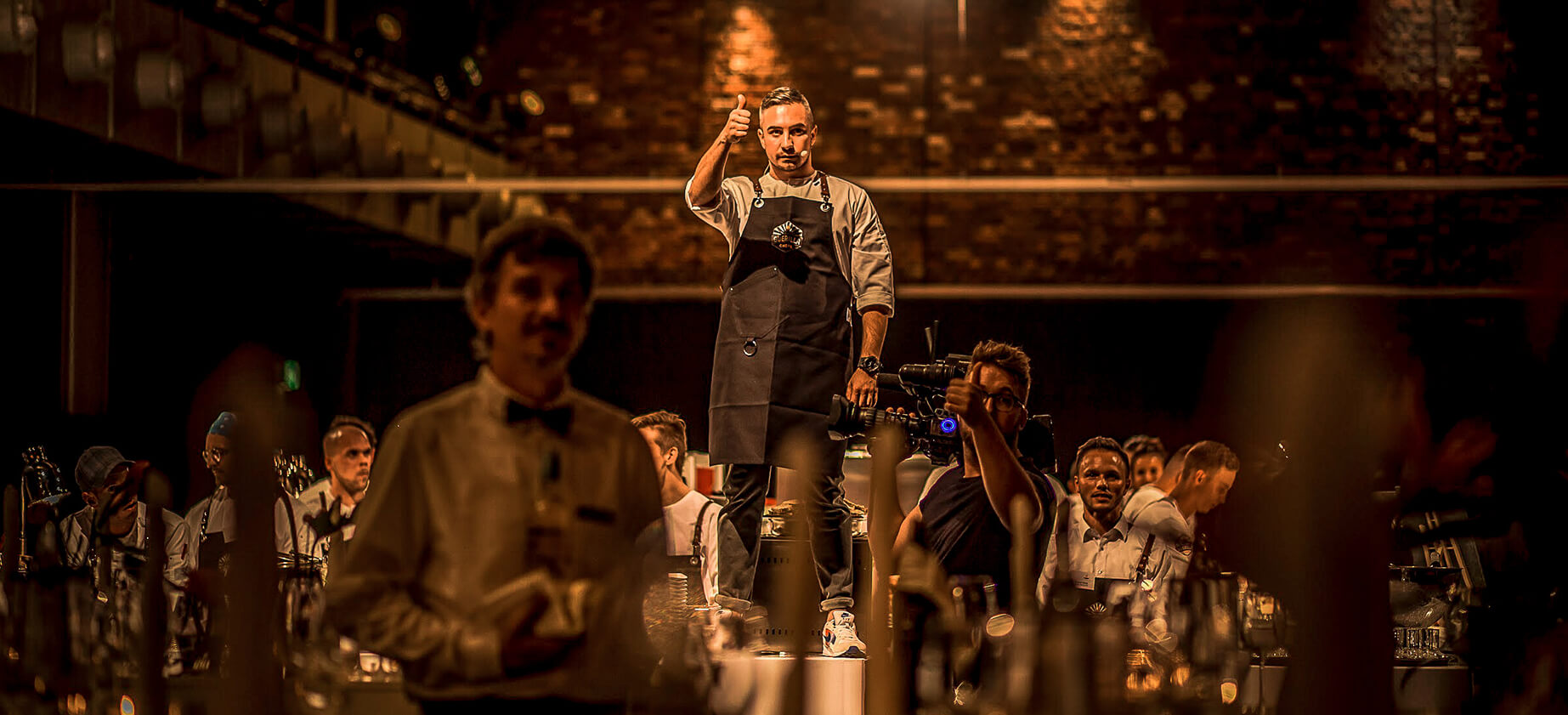

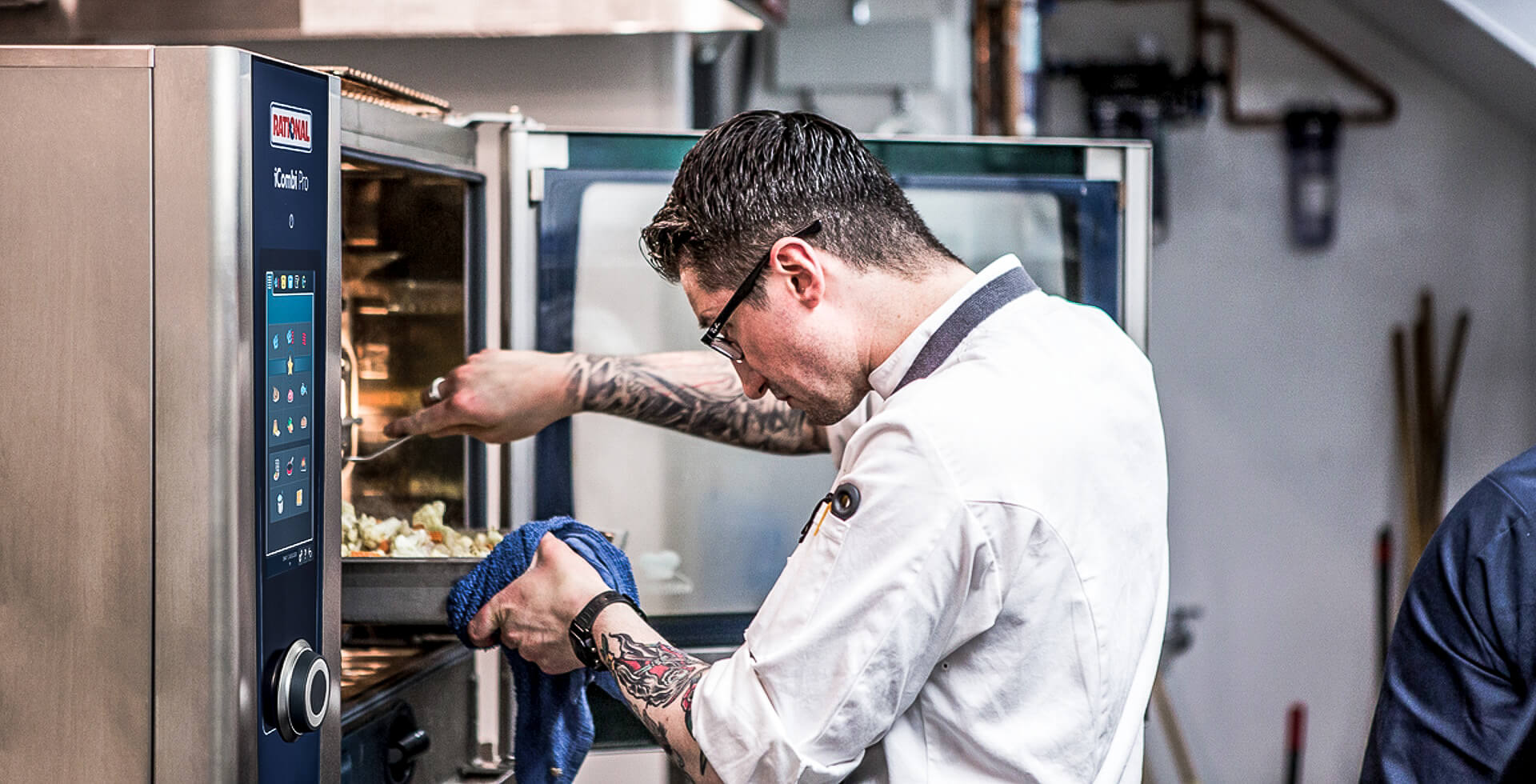


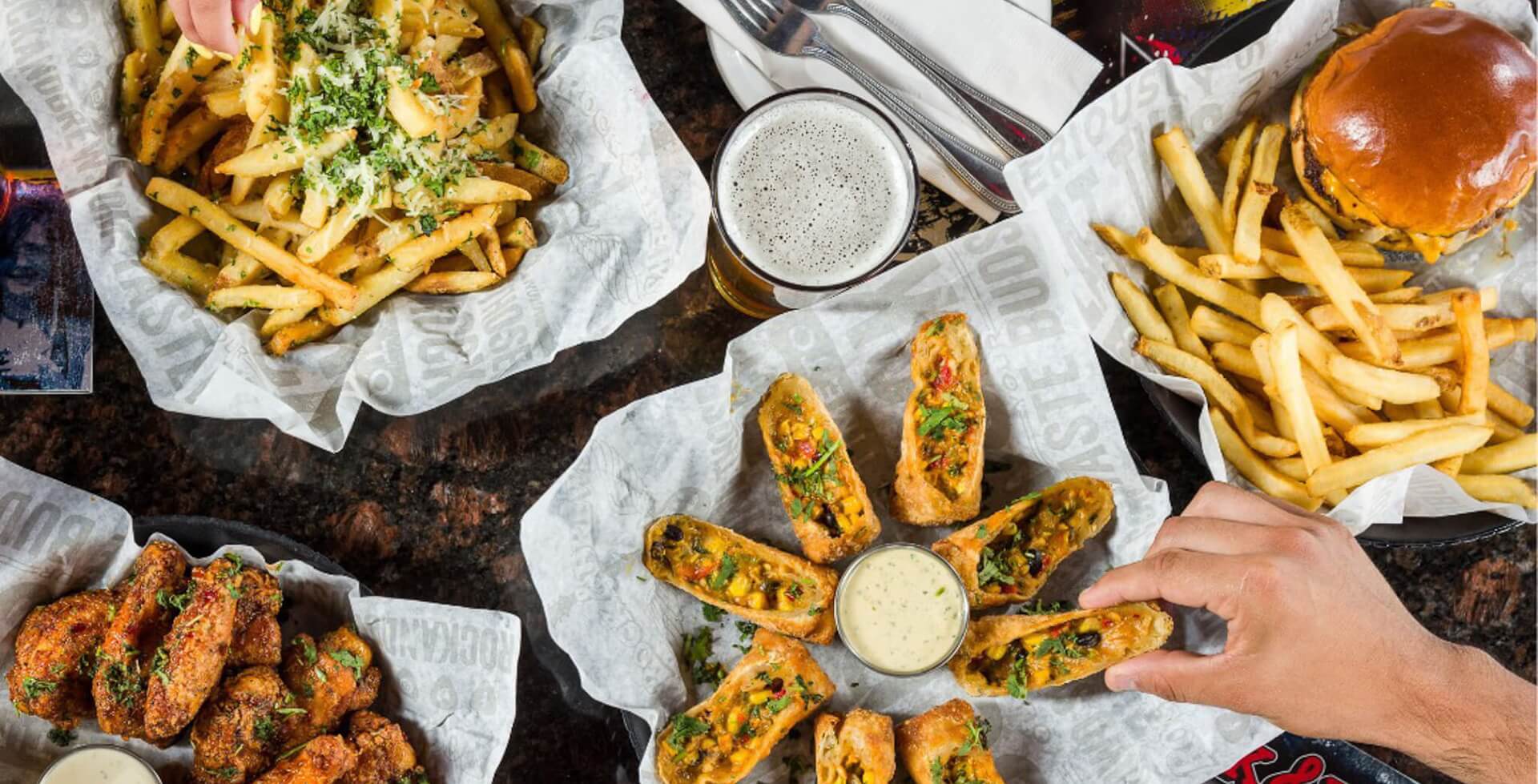

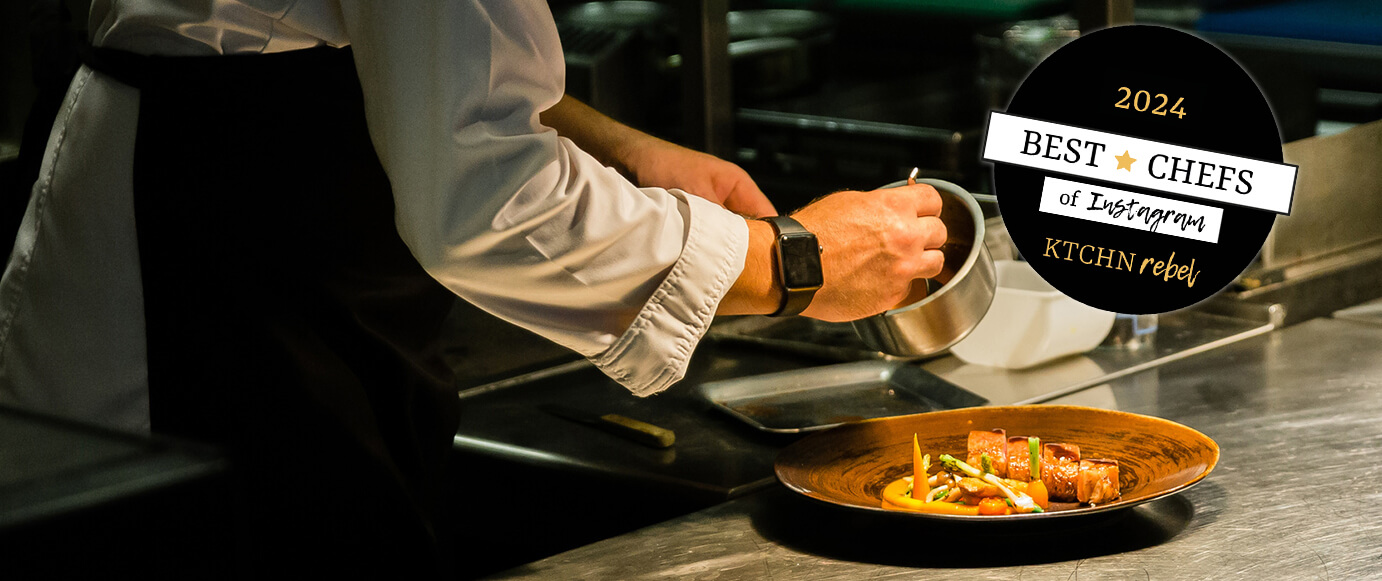
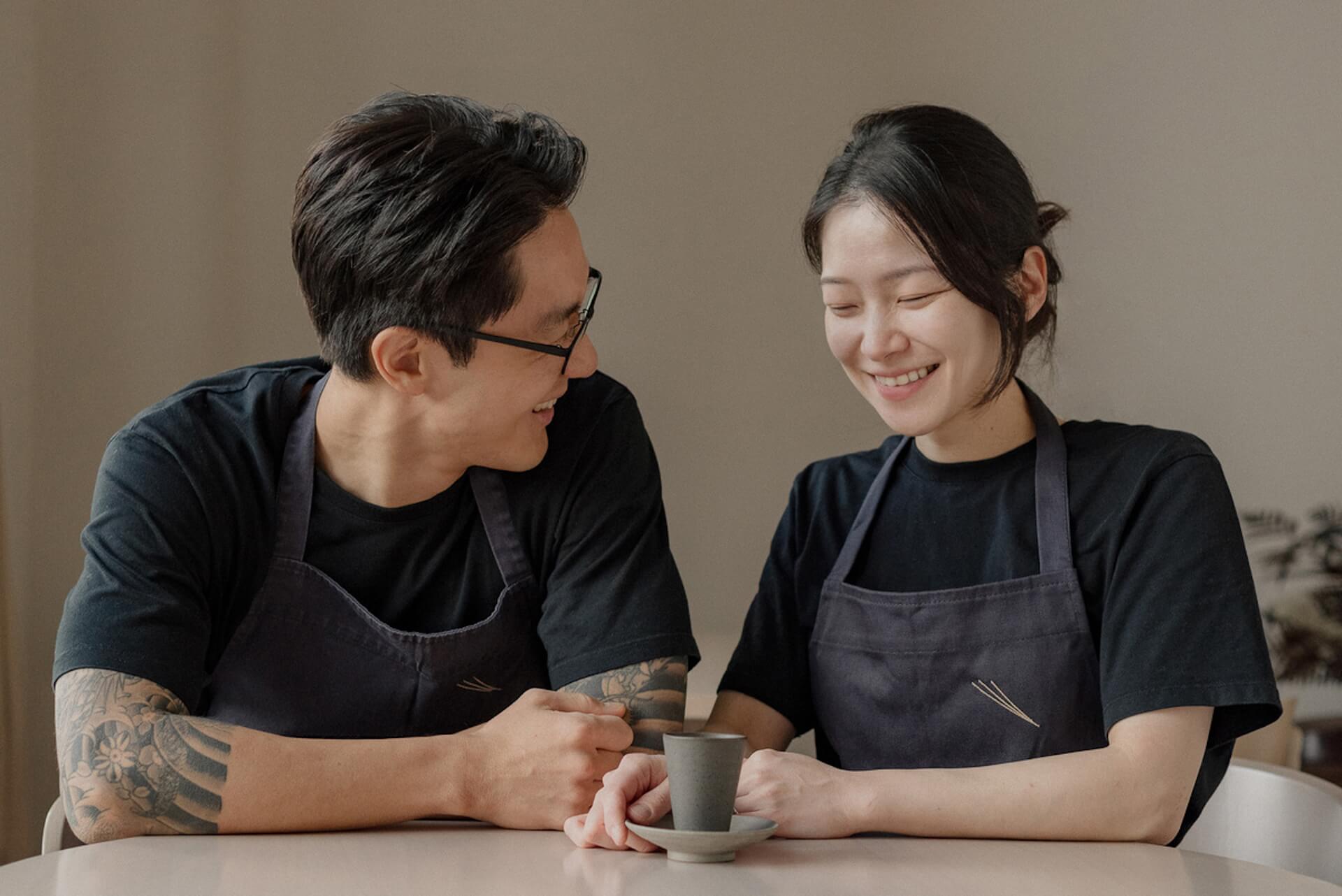

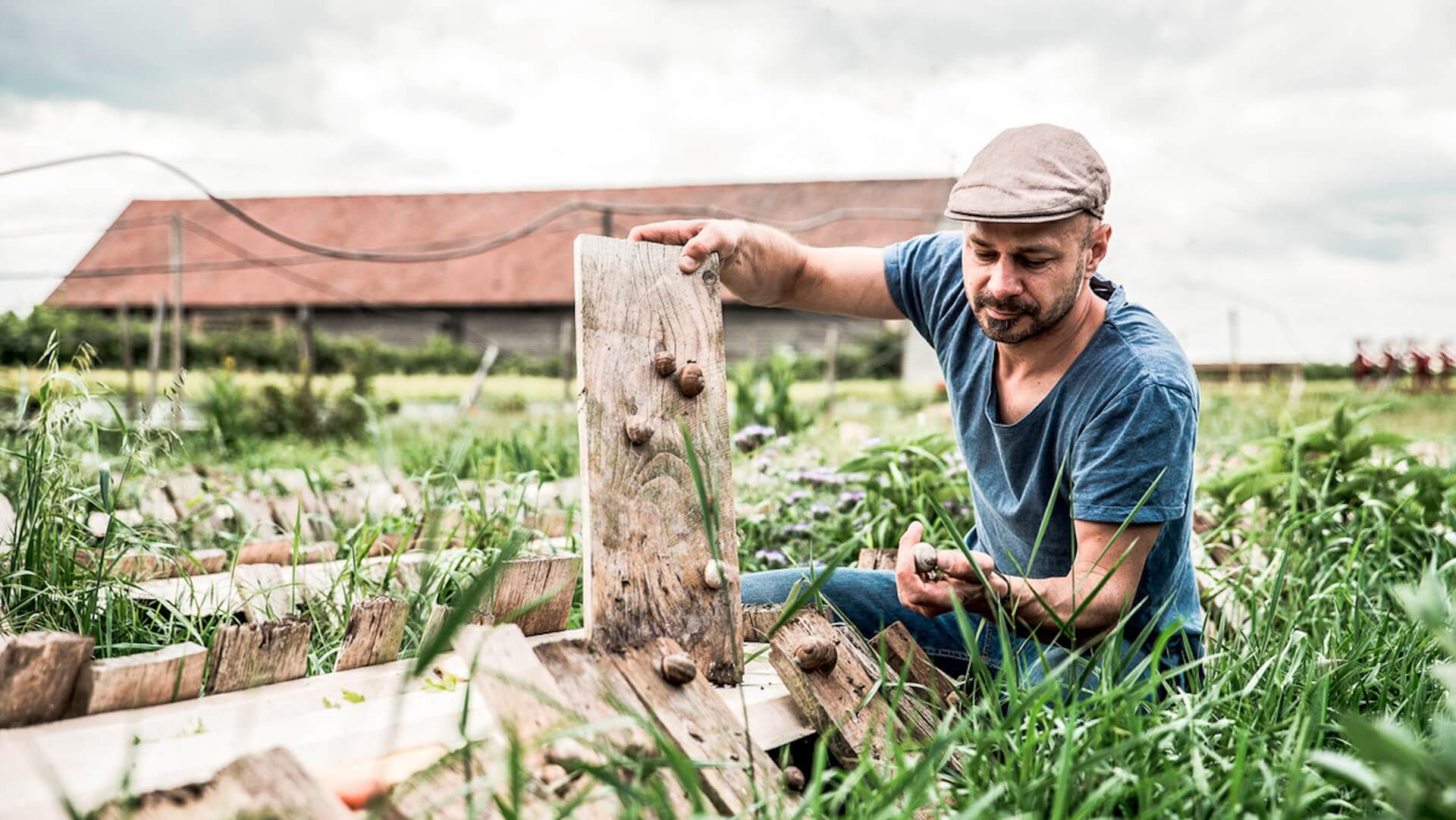
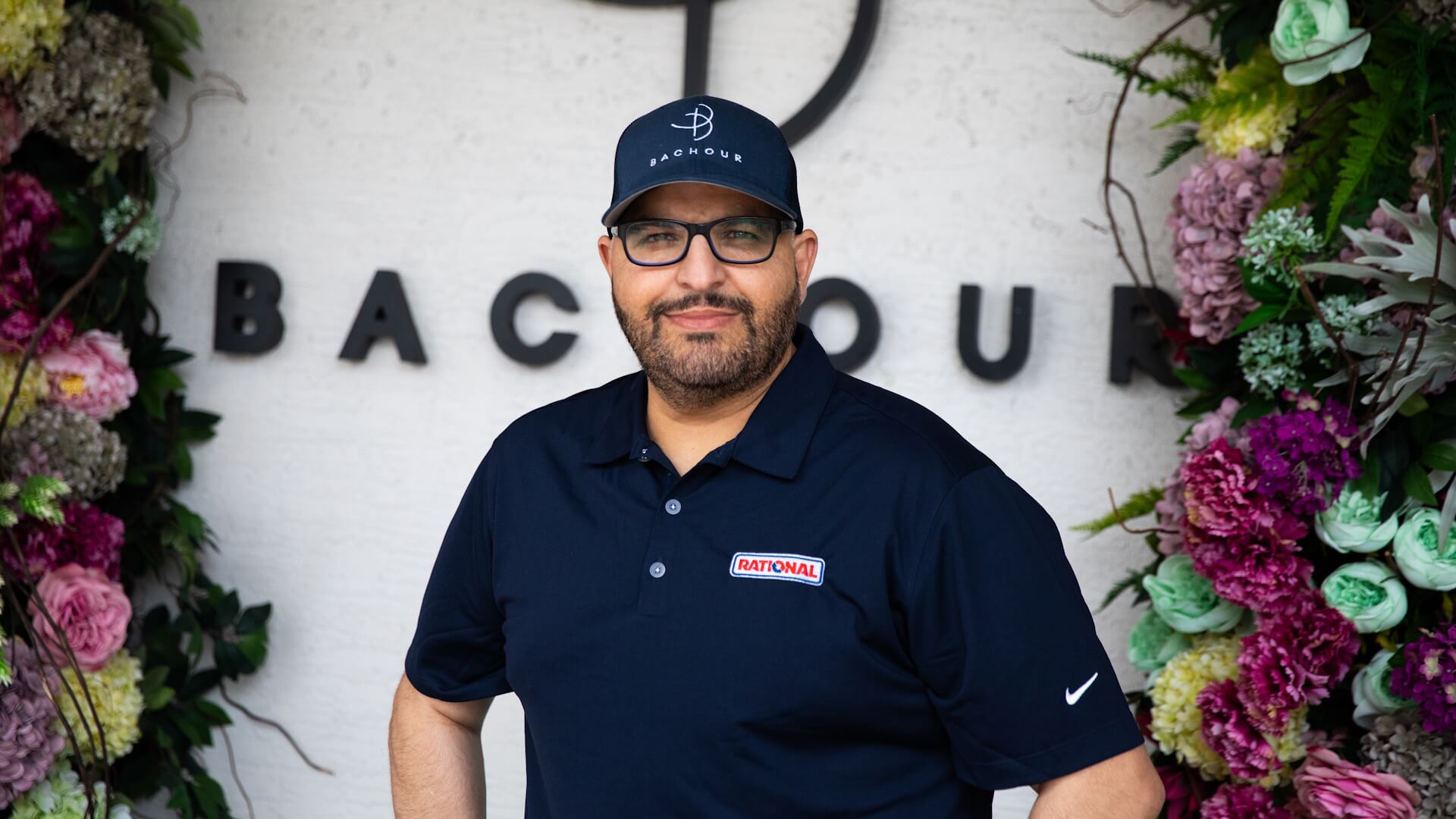

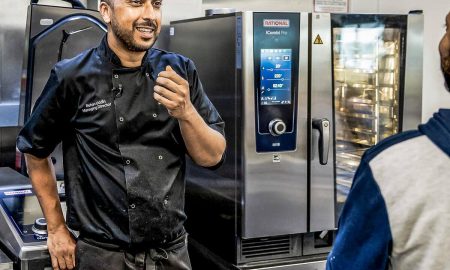
Pingback: Goose easey peasy | 4 goose hacks